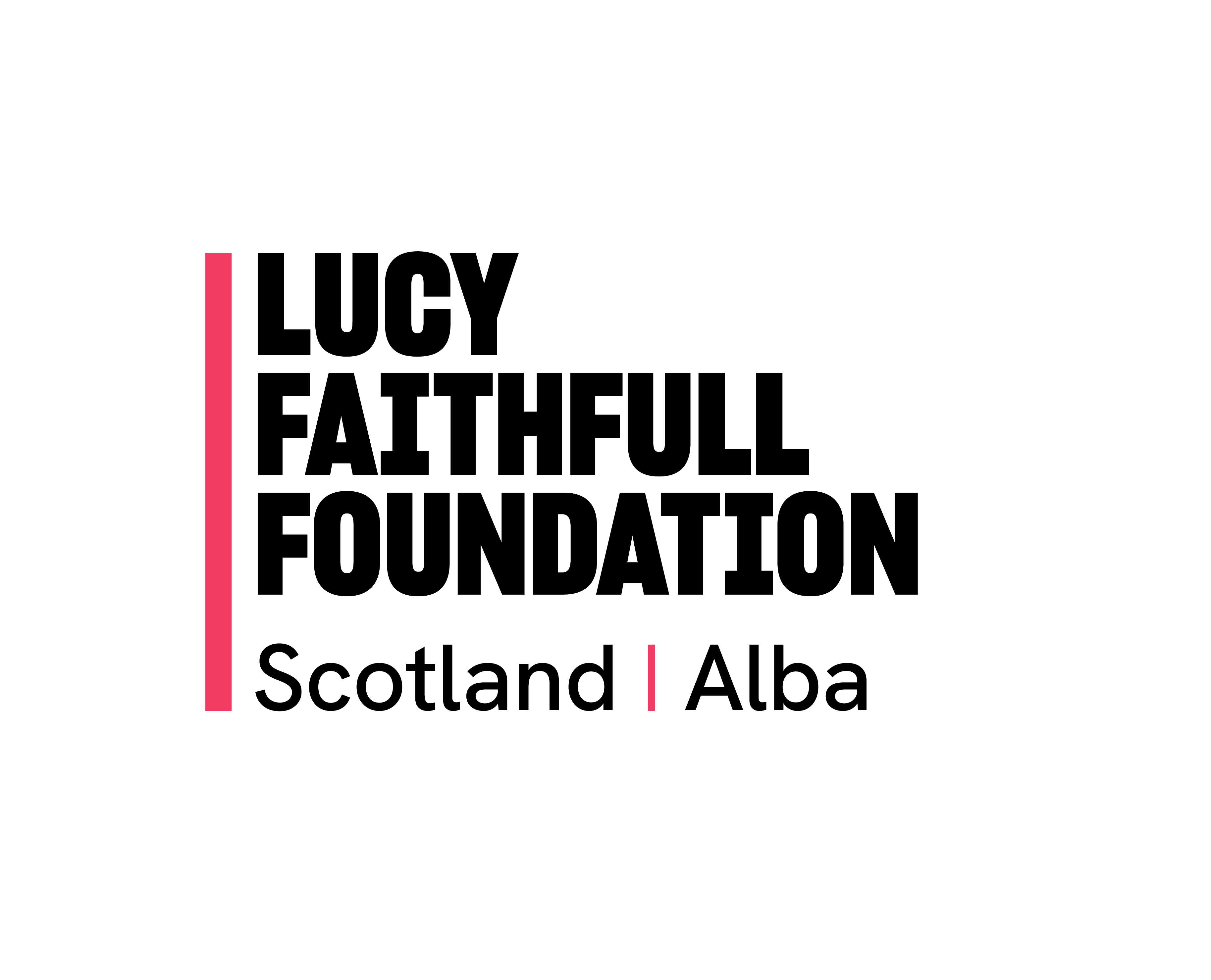EXIT
.png)
Once the details of your conviction are online, it can be a challenge to make positive steps forward in life.
It is not unusual for prospective employers to “google” someone before they interview them and, unfortunately, they can be swayed by information relating to a conviction that would not otherwise have been disclosed.
There are actions that you can take to try to improve your online presence.
Changing your name
Some people make the decision to change their name. Changing your name does not stop you from having to declare details of a conviction when the law requires it. However, it may help in circumstances where you want to avoid the general public being aware of your criminal record.
In Scotland, you can officially change your name using a statutory declaration. A statutory declaration is a statement evidencing your intention to use a new name. It must be witnessed by a notary public or a justice of the peace.
Citizens Advice Service can provide more information on the process.
You also have the option of applying directly to the National Records of Scotland. It is a simple process that does not have to be witnessed in the same way a statutory declaration must be witnessed. This updates the name on your birth certificate. The original name(s) will be shown at the bottom of any new certificate purchased as ‘Formerly known as’.
Combatting the “Google Effect”
In May 2014, Google introduced a process by which you can apply to have your information removed from their search results.
Firstly, you have to provide the URL for each link you want removing.
Secondly, you have to demonstrate why you think the information is “irrelevant, outdated or otherwise inappropriate”, for example, if the conviction is spent under the Rehabilitation of Offenders Act.
Thirdly, you will need to provide proof of your identity.
The charity, Unlock*, provides a comprehensive guide to the process with a template that may help you to complete the form.
It is worth noting that this process only applies to the search results. It does not remove the information from the website on which the details of your conviction are published (for example, a newspaper website). You may therefore want to consider approaching the newspaper’s website directly to ask for your details to be removed.
Online reputation management
Another way to address the ‘google effect’ can be to generate new, positive, content on the internet so that the search results that relate to your criminal conviction are pushed down the list of search results. Examples you may want to consider include: writing a blog, under your own name, on one of your hobbies; if you are working, you may be able to have your name added to the company’s “staff” page; involvement in local community activities or volunteering may enable you to have your name written about by media outlets in a positive way that doesn’t relate to your criminal conviction.
There are companies that offer this as a service. However, it is important to note that we are in no way endorsing the use of any particular private company.
*Unlock is a charity based in England and Wales. Although much of the information on their website is applicable UK wide, some does not apply to Scotland.
They also provide a free helpline. However, if you do contact their helpline, it is important that you tell them that you live in Scotland, because many of the laws are different.
Signposting
The following organisations offer support on this topic.






